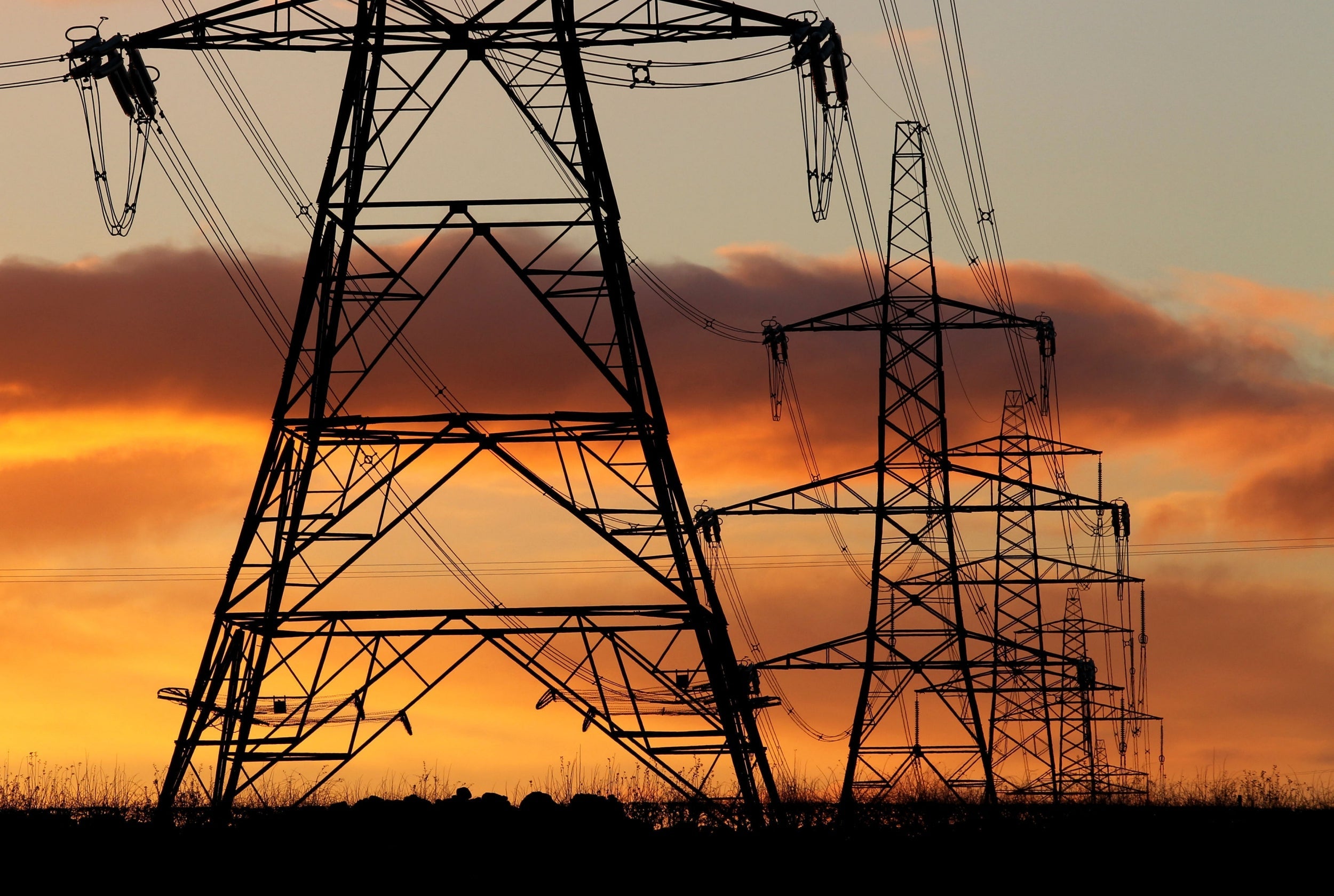Drastic action shows how worried electricity giants are about Labour’s nationalisation plans
Analysis: Ben Chapman examines why National Grid and SSE have both moved business out of the UK ahead of next month’s general election


Two companies that own much of the UK’s gas and electricity transmission networks have set up offshore holding companies in a bid to dodge the Labour Party’s nationalisation plans.
National Grid has, on paper at least, shifted its gas and electricity business to Hong Kong and Luxembourg. SSE has put its UK business into a Swiss entity.
They hope the accounting move will force Labour to pay full price for their shares rather than compulsorily purchasing them at a discount.
The companies, as well as trade bodies that represent them, are not happy about Labour’s plan, claiming it would delay progress on decarbonising UK energy supplies. More importantly, shareholders – many of whom are ordinary individuals – would lose money.
National Grid, which was privatised in 1990, is now valued at £31bn, and SSE has a £14bn price tag. Labour has pledged to end “rip-off” energy bills by bringing energy companies back into public ownership and has suggested that it may pay lower than the market rate and offer only government bonds offering low returns as compensation.
The companies say this would be “highly detrimental” to shareholders. National Grid says it will not benefit financially from the move to Luxembourg and Hong Kong, which is solely to protect investors.
But there’s an argument that shareholders have been receiving very decent returns from what are very safe business with a natural monopoly based on assets which many people believe should be publicly owned. The true question, as ever, is whether this type of company could be run better by the state.
Both National Grid and SSE hope that the terms of bilateral investment treaties that are in place between the UK and Switzerland, Hong Kong and Luxembourg would force a Labour government to pay the market rate.
However, this is not assured. It also risks further alienating their customers. Energy nationalisation is popular, while companies supplying electricity are not.
According to the Energy Networks Association trade body, nationalisation would “lead to reduced public accountability, disruption to innovation and higher costs to bill payers”.
It is not exactly clear how a publicly owned electricity network would be less accountable than a private one answerable to shareholders.
If Labour were to form a government it would be on the basis of an election manifesto promising nationalisation. The companies will have an even more difficult case to make if they attempt to evade the consequences of that mandate by setting up letterbox entities offshore.
Join our commenting forum
Join thought-provoking conversations, follow other Independent readers and see their replies
Comments